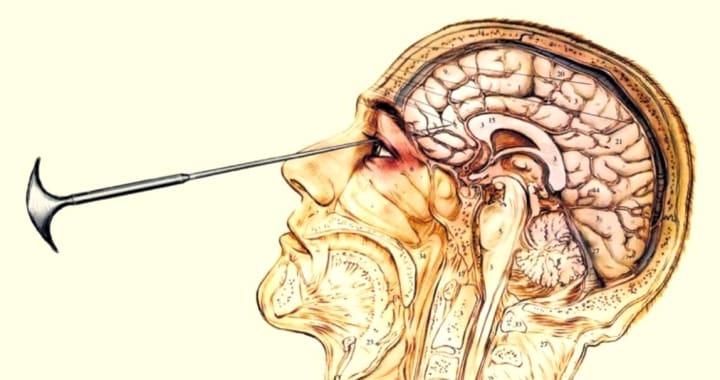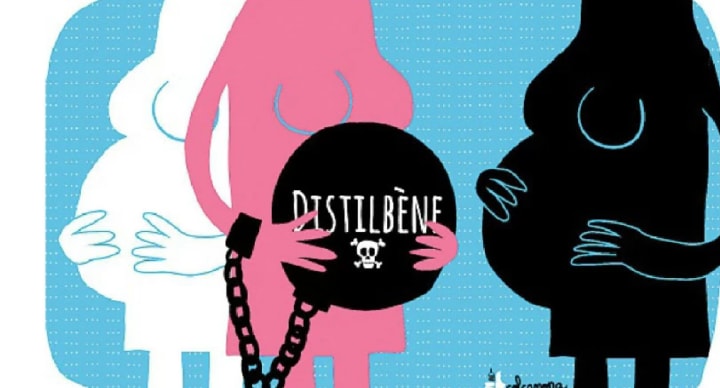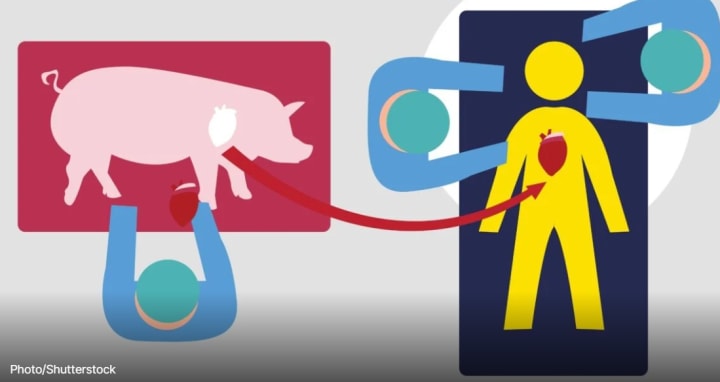10 Forbidden Medical Procedures: Unveiling the Dark Side of Healthcare
Healthcare Mysteries

Ever wondered why some things in medicine are off-limits now? Let's take a journey into the past and discover ten medical procedures that are banned today.
It's like unlocking a secret vault of the 'no-go' zone in medicine. Join us as we explore these forbidden practices, learn why they were stopped, and peek into the lessons they've taught us about keeping people safe and healthy
In this article, we'll explore ten such practices, shedding light on the reasons behind their prohibition and the lessons learned from their dark chapters.
Lobotomy,

Lobotomy, once celebrated for its potential to alleviate mental illness, ultimately became infamous for its devastating side effects and lack of efficacy.
Despite initial optimism, the procedure often resulted in irreversible harm, including personality changes and cognitive decline. Concerns over its indiscriminate use and mounting evidence of its shortcomings led to its eventual prohibition in many countries.
Today, lobotomy serves as a sobering reminder of the dangers inherent in unchecked medical interventions. Its rise and fall underscore the importance of evidence-based practices and ethical considerations in mental health care. While advancements in neuroscience continue to offer hope for innovative treatments, the legacy of lobotomy emphasizes the enduring imperative to prioritize patient well-being above all else.
Thalidomide,

Widely prescribed in the 1950s and 1960s to pregnant women for morning sickness, thalidomide resulted in severe birth defects. Its ban underscores the importance of rigorous testing and monitoring in pharmaceuticals.
DES (Diethylstilbestrol) for Pregnancy,

DES was prescribed to prevent miscarriages but led to reproductive issues and cancers in the daughters of those who took it during pregnancy. This ban highlights the need for caution in prescribing medications during pregnancy.
Mercury-Based Thermometers,

Once a common medical tool, mercury thermometers were banned due to the toxicity of mercury. Safer alternatives are now used to protect both patients and healthcare professionals.
Forced Sterilizations,

In the mid-20th century, forced sterilizations were performed on individuals deemed unfit for parenthood. Banned due to ethical concerns and violation of human rights, it underscores the importance of respecting individual autonomy.
Transorbital Lobotomy,

An even more invasive form of lobotomy, transorbital lobotomy involved inserting an instrument through the eye socket. Banned for its brutality and lack of scientific basis, it reflects evolving ethical standards in medicine.
Xenotransplantation (Animal-to-Human Organ Transplants),

Xenotransplantation, the process of transplanting organs or tissues from one species to another, holds promise for addressing the shortage of human organs for transplantation. Pigs are often used due to their physiological similarities to humans. This technique could save countless lives by providing organs that are more readily available.
However, concerns about the potential transmission of diseases from animals to humans, known as zoonotic diseases, remain a significant hurdle. Researchers are working diligently to address these safety concerns through genetic engineering and rigorous testing protocols.
Despite the challenges, xenotransplantation offers hope for patients in need of life-saving procedures. With continued advancements in science and technology, this innovative approach could revolutionize organ transplantation and improve outcomes for patients worldwide.
Avandia (Rosiglitazone) for Diabetes,

Once a popular diabetes medication, Avandia was banned or restricted in many countries due to an increased risk of heart attacks. This decision reinforces the ongoing need for post-market surveillance of pharmaceuticals.
Human Cloning for Reproduction,

Banned due to ethical concerns, human cloning for reproductive purposes raises profound ethical and moral questions, prompting global agreements against such practices.
Conversion Therapy,

Practices attempting to change an individual's sexual orientation or gender identity, known as conversion therapy, have faced bans in several places due to their potential harm to mental health. The bans aim to protect LGBTQ+ individuals from harmful and ineffective interventions.
About the Creator
Johnny Hembrom
I uncover the lesser-known mysteries of India that have remained hidden from the world's gaze.
Come, join me on this Journey!






Comments
There are no comments for this story
Be the first to respond and start the conversation.